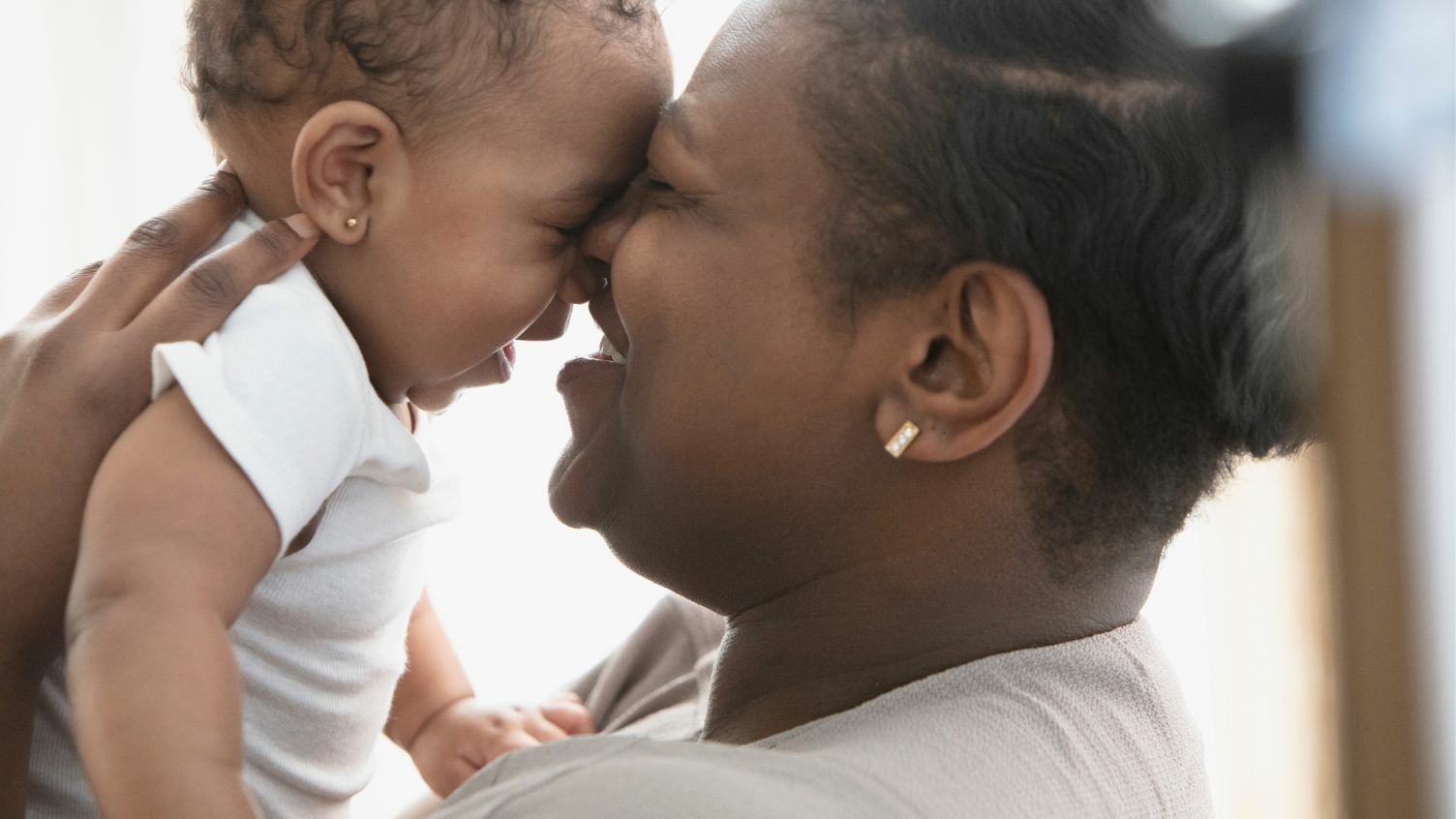Young peanut allergy trailblazer from East of England also first to sign up to important research trial
- 27 September 2022
- 3 min read
Lennon, 13, recently became the first patient in the UK to follow a ground-breaking new NHS treatment plan to try to reduce his allergy to peanuts. Now, he is not only leading the way for other patients, he is also the first person in the UK to sign up for a new peanut allergy study at the James Paget University Hospital NHS Foundation Trust (JPUH).
Lennon, a school pupil from Gorleston, has never known life without his peanut allergy. Diagnosed when he was just three years old, Lennon has been forced to carefully monitor his allergy, avoiding foods containing nuts, and attending regular doctors appointments.
It was at one of these appointments that Dr John Chapman, his consultant at JPUH, offered Lennon the potentially life-changing treatment plan to try to reduce his allergy. He became the first person in the UK to sign up to follow the plan, but Lennon also told consultants that he would like to take part in research to try to help others with peanut allergies.
Lennon was told that he was a suitable candidate for a trial testing resources to help patients like him to follow the treatment plan.
The treatment plan involves small doses of peanut protein, called Palforzia, being given to the patient in soft food, like yoghurt every day, with the dosage gradually increased every two weeks over the course of approximately one year. While the treatment does not present a cure for those with peanut allergies, it has shown to reduce sensitivity to peanuts and reduce allergic reactions.
The team behind Palforzia has launched a new trial supported by the National Institute of Health and Care Research (NIHR), which provides three types of educational materials to help healthcare professionals, parents/caregivers and patients use the treatment as safely as possible.
These include:
- booklets and videos designed for children of specific age groups (4-6, 7-11 and 12-17), which help patients and caregivers learn about peanut allergies and Palforzia;
- a patient alert card filled out by healthcare professionals and given to patients; and
- an instruction manual for healthcare professionals.
The study aims to help patients, caregivers and healthcare professionals identify and treat any risks associated with Palforzia, as well as educating them on the proper use of self-injectable adrenaline.
Having considered the information provided by the research team at JPUH, Lennon was keen to sign up and is now taking part. Lennon and his family have had such a positive experience that they are eager to encourage others to participate in research.
Lennon’s message to anyone considering taking part in research is that, “If you’re happy to, you should absolutely give it a go. It might change your life or someone else’s.”
Lennon’s mum, Emma, also has nothing but praise for the study and the research team. She said: “We have received such excellent communication from the research team, and they are so happy to support us. It’s made us all feel more confident. They are so quick to respond to any of our concerns, which, as a parent, is so valuable and appreciated. We can now be excited for Lennon’s future.”
Lennon’s father, Dave, who shares Lennon’s allergy to peanuts, said: “I want to thank all those involved in the trial for being so kind and supportive. Thank you for contributing to research that will hopefully allow children like my son to lead a normal life.”
Helen Macdonald, Chief Operating Officer at the NIHR Clinical Research Network East of England, said:
“We are forever grateful to everyone in the East of England who continues to participate in research. Without you, innovative studies like this one for Palforzia would not be possible. Thank you for your vital participation which, through the advancements made by clinical trials, allows us to help people to live better.”
Clive Ellis, Advanced Paediatric Nurse Practitioner at JPUH, said:
"Our JPUH team made a huge effort in delivering research to enable this treatment to become available on the NHS, and we’re really excited to be able to offer it to patients, as well as further related research.”
“As well as counselling on allergens and empowering them to be vigilant, and using their allergy management plans if and when accidents happen, the trial is another way we can help these patients. We hope to promote a healthy relationship with food, and for patients to live comfortably with their allergies as they grow up.”
If you would like to help researchers by participating in a clinical study, find out more on the NIHR’s website at www.bepartofresearch.uk.


